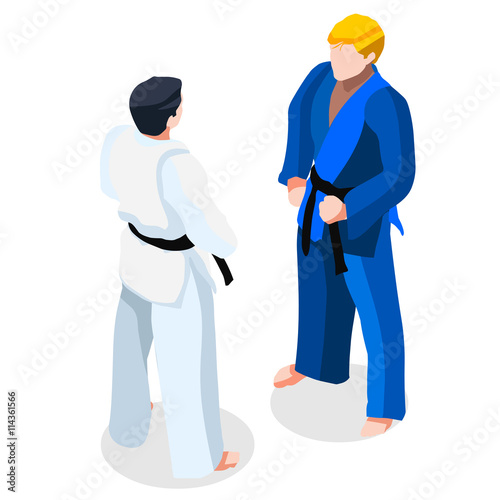Growing Self-Confidence: How A Martial Arts Program Can Profit Children
Growing Self-Confidence: How A Martial Arts Program Can Profit Children
Blog Article
guila hawaiian kajukenbo kickboxing -Fabricius Kendall
When you think about the advantages of martial arts for children, it's clear that it's greater than simply discovering Self-Defense. Participating in this technique can significantly increase a child's self-worth and teach them important life abilities. As they advance via strategies and challenges, they likewise cultivate emphasis and develop connections with peers. Yet exactly how exactly does this martial arts trip form their confidence in everyday life? Let's discover the transformative effect it can have.
Building Self-Esteem With Martial arts
When children engage in martial arts, they not just find out self-defense strategies however also build vital self-worth. https://en.vietnamplus.vn/exhibition-on-japanese-martial-arts-opens-in-hcm-city/163560.vnp offers challenges that require them to push their restrictions, enhancing their self-confidence with every tiny triumph.
As they master new abilities, they get a feeling of accomplishment, enhancing their idea in themselves. The helpful setting of the dojo urges them to take risks without the anxiety of judgment, which even more nurtures their self-respect.
Furthermore, by setting and attaining personal objectives, they discover to identify their abilities and toughness. This newfound self-confidence often equates right into various other locations of their lives, helping them tackle obstacles at school and in social situations.
Ultimately, martial arts encourage children to accept their originality and feel pleased with who they are.
Enhancing Focus and Discipline
Martial arts training isn't just about physical techniques; it's additionally a powerful device for improving focus and discipline in youngsters. Through structured courses, your child finds out to concentrate on details motions and strategies, cultivating their capability to pay attention.
This heightened focus equates into better performance not just on the mat but additionally in academics and every day life. As they practice, they'll find the relevance of setting objectives and pushing via difficulties, which reinforces their self-discipline.
Each lesson urges them to stay existing, cultivating an attitude that values perseverance and devotion. In time, you'll notice your child ending up being a lot more alert and self-regulated, abilities that will certainly serve them well past the dojo.
Accepting these concepts will certainly encourage them in every aspect of life.
Fostering Social Connections and Synergy
While structure abilities in martial arts, your child additionally creates valuable social connections and teamwork capabilities. As they train along with peers, they learn to connect efficiently, support one another, and commemorate each other's success.
This collaborative atmosphere cultivates relationships that prolong beyond the dojo, helping your child really feel even more linked and part of a neighborhood. Participating in team drills and sparring sessions shows them to depend on colleagues, enhancing their capacity to work together toward a typical goal.
They'll additionally find out problem resolution abilities, as they navigate challenges with their peers. These experiences not just boost their confidence yet likewise prepare them for future social interactions, making them well-rounded people who flourish in team setups.
Final thought
To conclude, enrolling your kid in a martial arts program can be a game-changer for their confidence and individual development. As they discover self-defense strategies, they'll build self-confidence and gain valuable life skills like focus, self-control, and team effort. The encouraging setting of the dojo motivates them to take threats and overcome difficulties, fostering durability and emotional regulation. With each course, you'll see your kid not just expand more powerful literally but likewise a lot more positive in themselves and their abilities.
